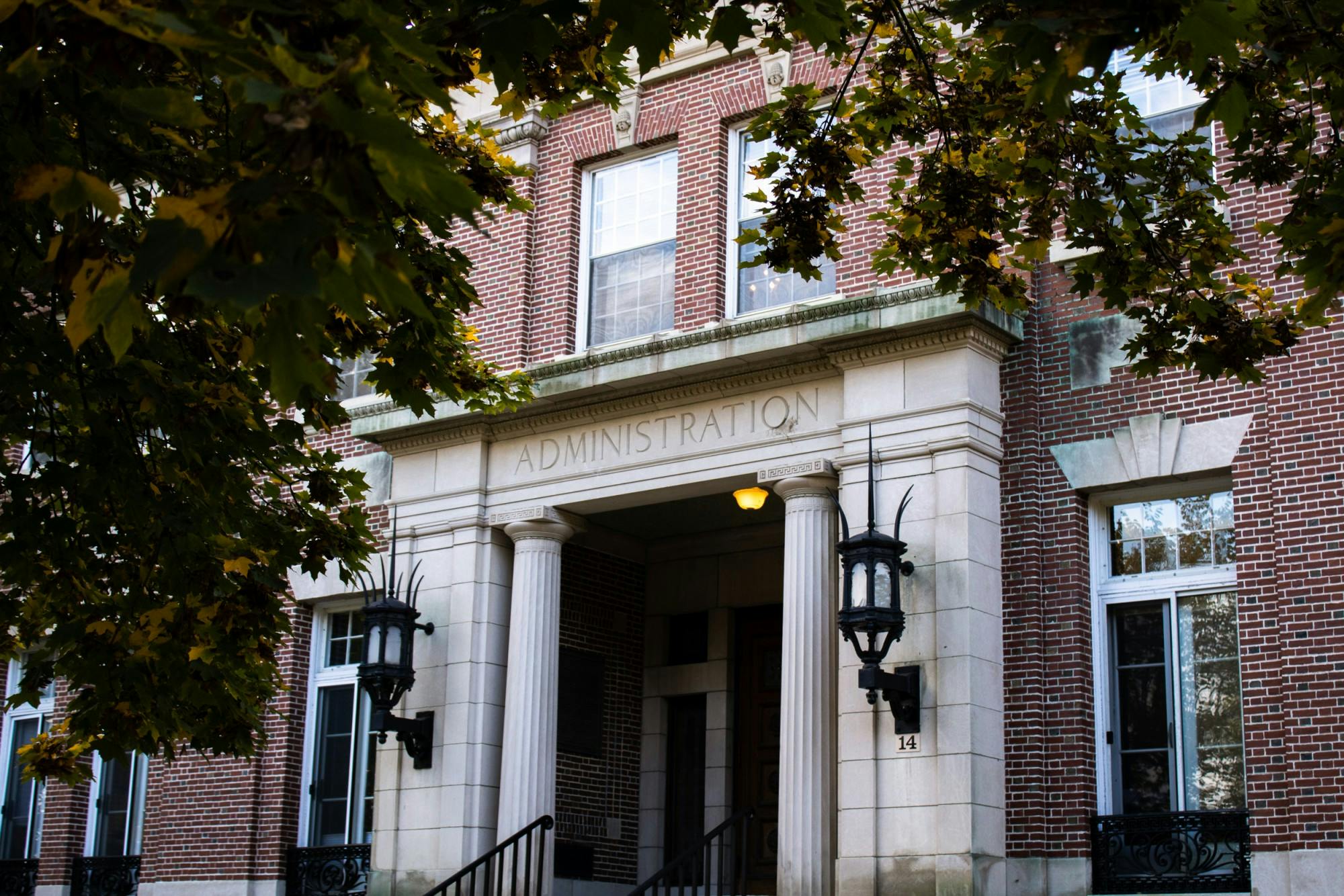The College announced on Sept. 10 that the endowment returned -3.1% this fiscal year, a decrease from the 2021 fiscal year, which returned 46.5%. Despite the negative returns, the endowment still outperformed wider markets, according to the College.
In an email statement, economics professor Bruce Sacerdote wrote that this year’s negative return may be attributed to poor stock market performance. As of Oct. 10, the S&P 500 and the Nasdaq Composite Index are both down 1.6%, according to the New York Times.
“My estimate is that the S&P 500 fell 13.3% in those 12 months and the Nasdaq fell 23.6%,” he wrote. “Both of these numbers are before dividends which would help returns modestly.”
According to the press release, the College experienced a loss in endowment returns but still outperformed fixed income and equity markets.
College trustee and chair of the investment committee Christopher Lord ’86 said that the College focuses on long-term returns and does not emphasize one-year returns.
Lord also said that the negative return will not have a significant effect on how the College funds its programs. He noted that the College uses a “smoothing formula” that helps to level out income fluctuations from one earning period to the next.
Sacerdote agreed with Lord’s assessment that the negative return would have little effect on the overall endowment. Sacerdote wrote that he doubted that any “direct short-run impact” would occur despite this year’s negative return.
“Again, the spending rules are built to remove or at least severely dampen this sort of year by year volatility,” Sacerdote wrote.
In comparison, Yale University’s endowment produced a 0.8% investment return, according to a press release from the university on Oct. 4. Cornell University’s endowment returned -1.8% and the University of Pennsylvania’s endowment remained constant. As of press time, Columbia University, Brown University and Harvard University have not yet released their endowment returns for this fiscal year.
Sacerdote credited the investment office with its “impressive” performance during the past two fiscal years. The office is overseen by the Board of Trustees’ investment committee, according to the office’s website. The office handles the endowment, which supports the College and its graduate schools through annual returns and dividends.
“The investment office deserves tremendous credit for selecting a set of managers and constructing a portfolio that did so well in the up years yet had only a very small negative return in fiscal [year] 2022,” he wrote. “This is an extremely impressive performance.”
As of June 30, 2022, the College’s endowment is valued at $8.1 billion. Last year, the endowment allocated $3.4 billion to teaching and research, $2.3 billion to operations and facilities, $2 billion to financial aid and $800 million to academic and student support. In addition, last year the College managed $6.7 billion of the total endowment, while its graduate schools and programs managed $1.822 billion.
Lord said that it is not possible to predict what the next fiscal year will look like.
“No one can forecast stock markets, but it’s a different environment today because we have higher inflation [and the] Federal Reserve is raising interest,” Lord said. “In general, when you have those two factors, it is just going to be harder to make money in any asset class, whether it is stocks, bonds, private equity or venture capital.”
Kaya Colakoglu ’24, a member of the Young Democratic Socialists of America organizing committee and the Student Worker Collective, said that he was not surprised by this year’s negative returns given the larger context of the U.S. economy.
Colakoglu added that he would like the College to use the endowment to offer more support to student workers in the next fiscal year.




